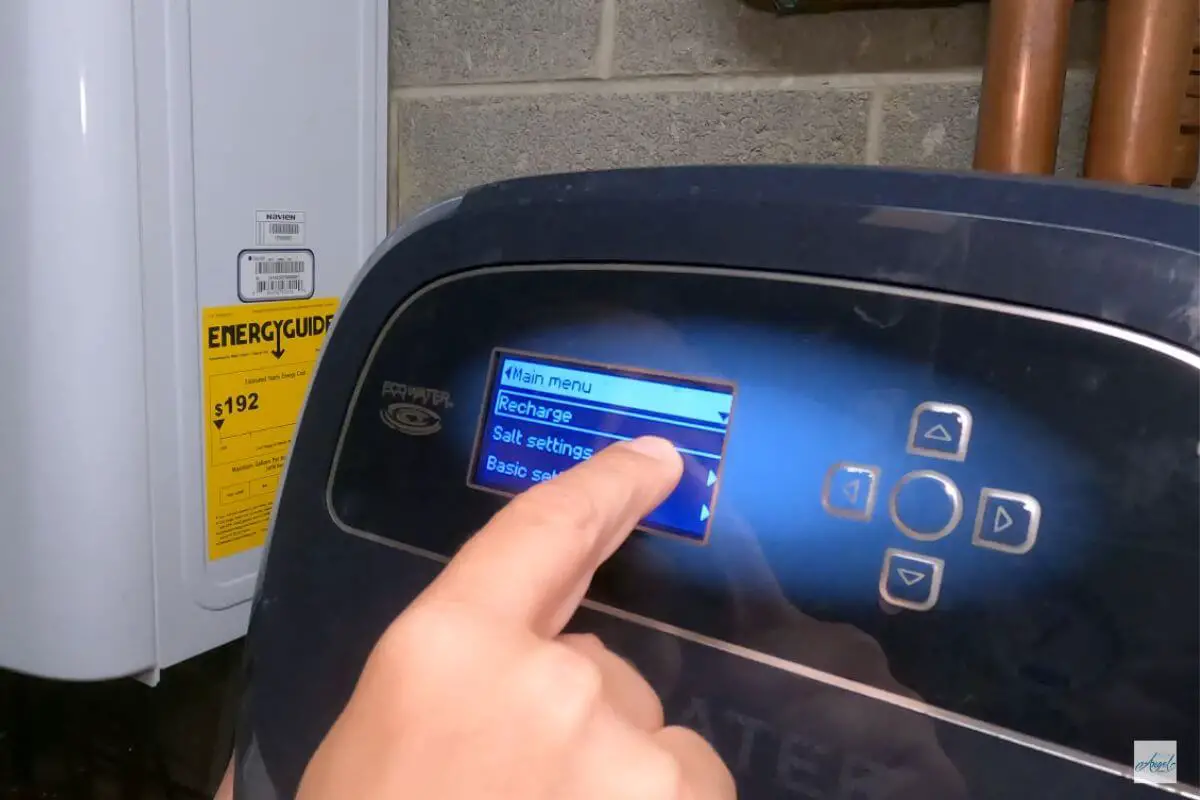When it comes to choosing a water softener, there are many options available. Two of the most popular brands are Ecowater and Culligan. Both brands offer a range of water treatment products, including water softeners. In this article, we’ll compare Ecowater vs. Culligan to help you decide which brand is the better choice for your needs.
Ecowater
Ecowater is a well-known brand that offers a range of water treatment products, including water softeners. Their water softeners use a process called ion exchange to remove calcium and magnesium ions from the water, which cause hardness. Ecowater’s water softeners come with a range of features, including:
- Smart water technology: Ecowater’s water softeners use smart technology to monitor water usage and regenerate the system only when necessary, saving water and salt.
- High-efficiency resin: Ecowater’s water softeners use high-efficiency resin, which has a higher capacity for removing hardness than standard resin.
- Wi-Fi connectivity: Some of Ecowater’s water softeners have Wi-Fi connectivity, allowing you to monitor and control the system remotely.
- Customizable settings: Ecowater’s water softeners can be customized to meet your specific water treatment needs.

Pros of Ecowater
- Smart technology: Ecowater’s smart technology helps conserve water and salt, reducing your water and salt costs.
- High-efficiency resin: Ecowater’s high-efficiency resin removes more hardness than standard resin, resulting in softer water.
- Customizable settings: Ecowater’s water softeners can be customized to meet your specific water treatment needs.
Cons of Ecowater
- Higher cost: Ecowater’s water softeners are generally more expensive than some other brands.
Culligan
Culligan is another popular brand of water softeners that has been in business for over 80 years. Their water softeners use a process called ion exchange to remove hardness minerals from the water. Culligan’s water softeners come with a range of features, including:
- High-efficiency resin: Culligan’s water softeners use high-efficiency resin, which has a higher capacity for removing hardness than standard resin.
- Smart sensors: Some of Culligan’s water softeners have smart sensors that monitor water usage and regenerate the system only when necessary, saving water and salt.
- Customizable settings: Culligan’s water softeners can be customized to meet your specific water treatment needs.
Pros of Culligan
- High-efficiency resin: Culligan’s high-efficiency resin removes more hardness than standard resin, resulting in softer water.
- Customizable settings: Culligan’s water softeners can be customized to meet your specific water treatment needs.
Cons of Culligan
- Higher cost: Culligan’s water softeners are generally more expensive than some other brands.
- Limited connectivity: Culligan’s water softeners do not have Wi-Fi connectivity, so they cannot be monitored or controlled remotely.
Which is the Better Choice?
When deciding between Ecowater vs. Culligan, consider your specific water treatment needs, budget, and preferences. Both brands offer high-quality water softeners that can remove hardness minerals from your water, but there are some differences to consider.
If you are looking for a water softener with smart technology, customizable settings, and Wi-Fi connectivity, Ecowater may be the better choice. However, if you are looking for a water softener with high-efficiency resin, customizable settings, and a long history of quality, Culligan may be the better choice.
Ultimately, the decision comes down to your specific needs and preferences. Consider factors such as water usage, water quality, installation requirements, and maintenance needs to make an informed decision.
FAQs
Here are some frequently asked questions related to Ecowater vs. Culligan:
What is the lifespan of a water softener?
The lifespan of a water softener can vary depending on the brand and model, but most last between 10 and 20 years with proper maintenance.
Can a water softener remove other contaminants besides hardness?
Some water softeners, including those from Ecowater and Culligan, can also remove other contaminants such as iron, manganese, and chlorine.
How often do I need to add salt to a water softener?
The frequency of adding salt to a water softener depends on your water usage and the size of the salt tank. Generally, you will need to add salt every 1-2 months.
How much does a water softener cost?
The cost of a water softener can vary depending on the brand, model, and installation requirements. Generally, you can expect to pay between $500 and $3,000 for a water softener.
Can I install a water softener myself?
While it is possible to install a water softener yourself, it is recommended that you hire a professional to ensure proper installation and avoid potential damage to your plumbing.
By understanding the features and capabilities of Ecowater vs. Culligan water softeners, homeowners can make an informed decision about which brand is the better choice for their needs. With the right research and planning, homeowners can ensure that they have access to high-quality, soft water for years to come.



